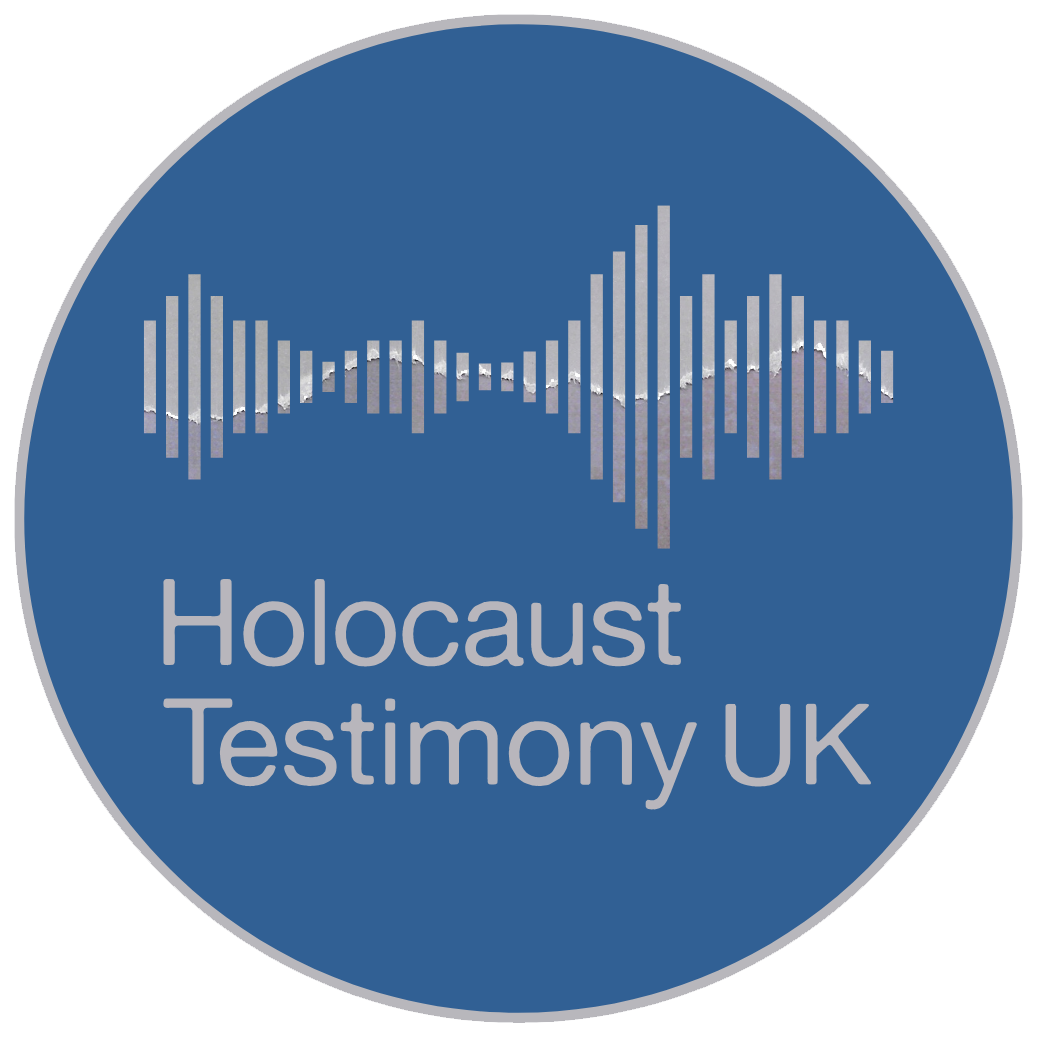<message>

Name
Born:
N/A
Place of Birth:
N/A
Date of Interview:
01/10/03
Place of Interview:
Interviewed by:
Name (Clickable)


It looks like this interview is hosted by one of our partners
Please click the link below to be redirected...
Visit Partner Website



INTERVIEW:
<name>
Born:
00/00/0000
Place of Birth:
Hamburg
<name>
Born:
00/00/0000
Place of Birth:
Institution:
<partnerName>
Collection:
Date of Interview:
01/10/03
Interviewed By:
Dr Rosalyn Livshin

Interview Summary
Alice Rubinstein (née Hagenow) was born in 1925 to a family from Hamburg. Her parents, Amelia and Arnold Hagenow, married in 1907 and she had an older brother, Manfred, born in 1922. Arnold Hagenow had fought in World War One and consequently suffered partial hearing loss. He was a chartered auctioneer, and Amelia worked with him as a secretary.
The family was religious, kept a kosher home and celebrated the Jewish holidays. Alice attended the Synagogue in Benecke Strasse, where Dr Holzer was Chief Rabbi, and went to a Jewish school. She was also a member of Ezra, a Jewish youth movement, and of a sports club.
Alice witnessed the Nazi rallies and her father was arrested during the 1938 November Pogrom (Kristallnacht), but was released on the next day. Her parents stayed in Germany but arranged for the two children to go to the UK on the Kindertransport.
Alice sailed from Hamburg to Southampton on the SS Washington, stayed two days in London and then lived with the Filson family in Manchester. Initially she looked after the family's three children, and later she got a job in a factory as a machinist.
After a few years Alice moved in with her aunt and uncle and took an office job while attending evening school. She met her husband Joe at a club for refugees called The Springfield. Joe was a survivor of concentration camps who was training to become a tailor. They met regularly at the club and attended Saturday night dances. Alice and Joe married in 1952 and had three children.


